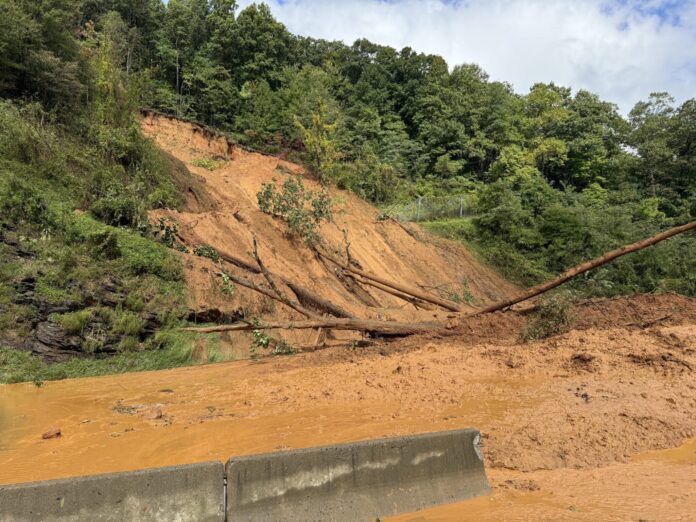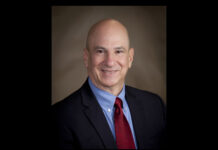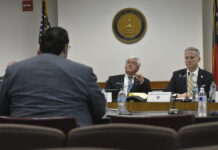
Now Habersham has published a list of ongoing local relief efforts for the victims of Hurricane Helene. The organizers of those efforts have been vetted, and you can be assured that your donations will go where they say. This trustworthiness should give you confidence in your support. However, not all relief effort organizers can be trusted.
The FBI and the National Center for Disaster Fraud (NCDF) remind the public of the increased risk for disaster fraud following the devastating storm. It’s important to stay informed and exercise caution when considering where to donate.
According to the Atlanta FBI field office, there are reports of scammers claiming to work for contractors and insurance companies targeting Hurricane Helene recovery efforts. The FBI urges anyone exposed to this type of fraud to report it to the toll-free NCDF hotline at (866) 720-5721. The hotline is staffed by a live operator 24 hours a day, seven days a week.
The Federal Emergency Management Agency reminds those in the disaster zone that officials with government disaster assistance agencies do not ask for financial information, and there is no fee required to apply for assistance. If you have internet access, go to fema.gov to apply for assistance directly.
Don’t be scammed
Here are some tips on how to avoid becoming a victim of disaster fraud:
- Scammers may go door to door to target residents in areas affected by hurricanes. They may also call, text, or email with promises to quickly provide aid. Do not give out personal information without confirming the legitimacy of the person contacting you.
- Government workers are required to carry official identification and show it if requested. Closely scrutinize any ID you see and call the agency directly to confirm a worker’s identity if you are unsure.
- Do your homework when it comes to donations. Research charity reviews online, state regulators of charities, and charity reports and ratings via the Better Business Bureau.
- Never make charitable donations by gift card or wire transfer. Credit cards are safer.
- Don’t believe your caller ID. Scammers often spoof agency phone numbers. It is always best to research the organization’s telephone number and call directly to verify. Do not be pressured or rushed to donate. If so, it may be a scam.
- Do not click on links from sources you don’t know. These could be attempts to download viruses onto your computer or cell phone. Manually type out links instead of clicking on them.
If you think you are a victim of disaster or charity fraud, report it to the National Center for Disaster Fraud at 1-866-720-5721 or online at justice.gov/DisasterComplaintForm






